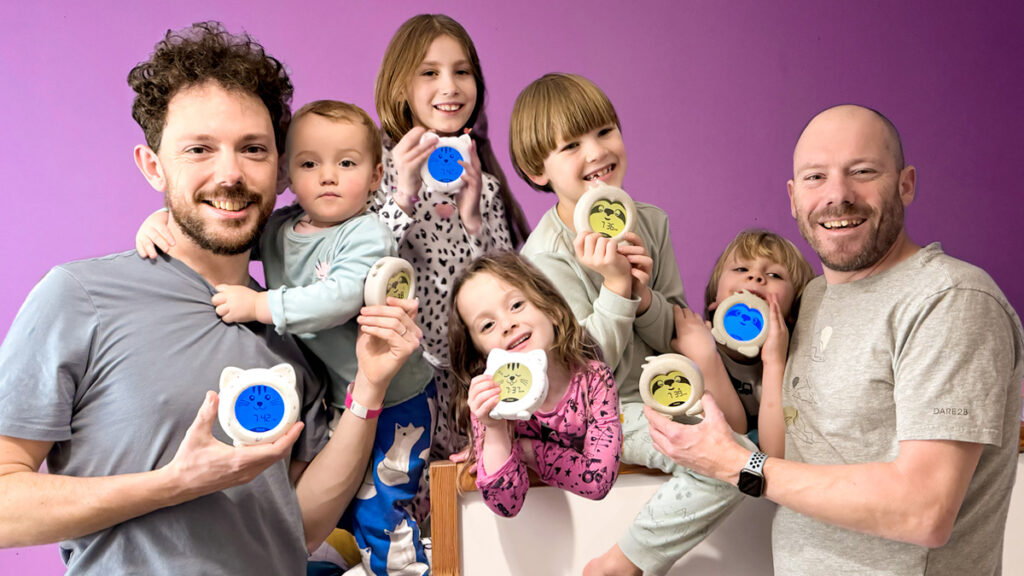The pitch from hell (and how to avoid it)
If you have ever worried about your ability to win over investors, Rob Law’s story is one of turning disaster into triumph.

There had never been a pitch like it. An entrepreneur and his product were tested to destruction by potential investors in front of millions of television viewers. It should have been the last rites for Rob Law’s entrepreneurial dream. Instead, it put his brand of children’s luggage, Trunki, on the map.
In 2006, Law appeared on Dragons’ Den in an effort to secure £100,000 for 10 per cent of the business. The designer, who had overcome cystic fibrosis, had already sold 20,000 units of the ride-on suitcase he had designed in his second year at university.
At first the Dragons warmed to Law and his “cute product”, as Deborah Meaden called it. “The pitch had gone pretty much perfectly, and I had towed a fully-grown adult around the studio on a Trunki, proving it was strong enough to do that,” recalls Law. But not strong enough for another Dragon Theo Paphitis, who was tugging hard at the strap.
“It was the hardest I’d ever seen anyone tug at the strap,” Law wrote in his memoir, 65 Roses and a Trunki. “He wore his constipation face as he pulled harder. Why was he pulling so hard?”
Eventually, the inevitable occurred and the strap snapped. And the Dragons rounded on Law. “You shouldn’t have come here with problems without identifying them or sorting them out first,” Paphitis exploded. “It drives me mad that we actually waste our time with these things.”
But what had seemed like the pitch from hell had a silver lining. “In hindsight, it couldn’t have worked out any better,” says Law. “It got everyone shouting at the telly. Trunki went from an unknown brand to being talked about at coffee machines and water fountains around the country the following day.”
That actually helped the company grow and in 2013 BGF invested in the business. Law eventually sold to ecommerce brand Heroes Technology in February last year, reportedly for more than £12m.
And the Dragons even made up with Law, who now runs a marketing agency, Aphelion, with his brother helping brands sell on Amazon. He has also started Zeepy, aimed at getting toddlers and young children to sleep better.
Now 46, Law is sanguine about the Dragons’ Den experience, offering consolation to anyone who has seen a pitch fail. “It had been a journey of manufacturers who didn’t get it, retailers who didn’t get it and investors who didn’t get it, but my target market got it, even my mum got it. So often the people with their hands on some purse strings are not really the people who are ever going to get it.”
Law has some advice on pitching: “You’ve got to come across as passionate about your product, otherwise people will see through you. In this world of slick decks and presentations, showing humility and vulnerability helps to win people over. I found through the whole Dragons’ Den thing that people really rallied behind me because I was the underdog.”
Nevertheless, he admits he found pitching nerve-wracking. “I started public speaking and trying to put myself through the mill, to be able to talk confidently in front of larger audiences. You may resist wanting to do these things, but you’ve got to see it as a weakness and face into it because pitching is so crucial. Not just to business, but pretty much everything.”

